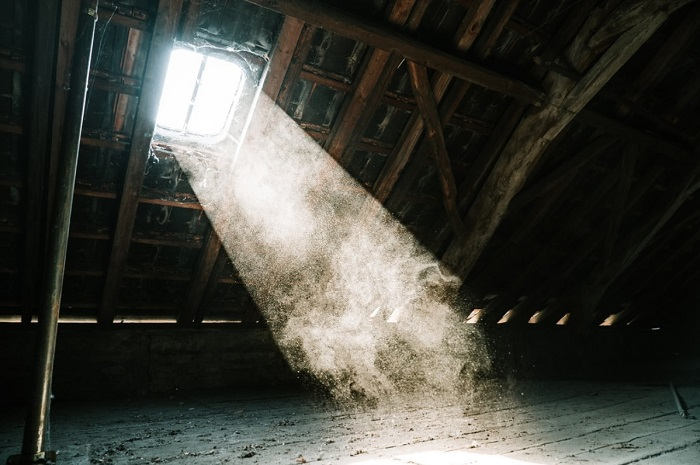Poor indoor air quality can negatively impact your health in a variety of ways. You may have more allergies or breathing problems, and you may get more frequent headaches or feel sick more often. If you already have breathing problems, you may experience more episodes of not being able to breathe. These adverse health effects are due to dust, dander, allergens, mold, mildew, and other pollutants in your air being breathed into your body daily.
You can reduce the negative health impact by improving the quality of your indoor air. Here are four ways to improve your indoor air quality.
Air Purifiers
True HEPA air purifier has a HEPA filter designed to remove all the airborne particles from the air in your home. Its filtration system acts as an air cleaner and purifier. It can reduce odor, pet dander, tobacco smoke, dust mites, pollen, and other particles impacting you and your family. An air purifier can take everything out of the air missed by the HVAC filter, or it can be your first line of defense if your house is all-electric and you don’t have a duct system.
Portable air filters can be moved throughout your house, so you can put them in the home areas where you have the most problems. This may be where your pets stay or the entrance area where more outside allergens and pollen may be entering. You can also place them in the bedrooms to ensure everyone’s sleeping space is as clean as possible.
Plants
Indoor hanging plants are perfect for improving your indoor air quality while also providing a calming and natural environment for you and your family. Plants breathe in the same air and act as natural purifiers, and plants can filter a lot out of the air, making your breathing air healthier. They can work along with purifiers and HVAC filters to ensure you have the cleanest air possible.
Plants also create an atmosphere of calm, and they can improve the look and feel of your home while also improving the air quality. There are many plants you can decide to grow inside, and some are easier to grow than others, so if you don’t have a green thumb, you can still benefit from having live plants in your house.
HVAC Filters
Your HVAC system has a filter in it that traps any dust, dander, and particles that are pulled through the vents. Those filters need to be changed regularly, or they will get so full that those particles start getting pushed back into the air.
Dirty filters will also cause the furnace or air conditioner to not work at full efficiency, which will negatively impact the temperature of your house and make your energy bills increase. HVAC filters are easy to replace and can be found at any hardware store.
Pet-Free Home
While you may love your pets, they negatively impact your air quality. Pet dander is a significant cause of poor air quality leading to asthma and allergy attacks. One way to improve the air quality in your home is by keeping a pet-free home. Depending on the severity of your symptoms, you may have no other choice.
Doors and Windows
Apart from these, doors, windows and curtains too play an important role in maintaining the climate inside your house. You can set the temperature inside your home as per your needs by adjusting the main door and windows.
If you or your family members are frequently sick, you may need to consider the air quality within your home. The particles in the air that may be making you sick are so small, you can’t see them. You may notice a build-up of dust on shelves or counters that aren’t frequently used, but that is only a fraction of what is floating through your air and being breathed in daily.
This post was last modified on May 17, 2024 7:15 PM

